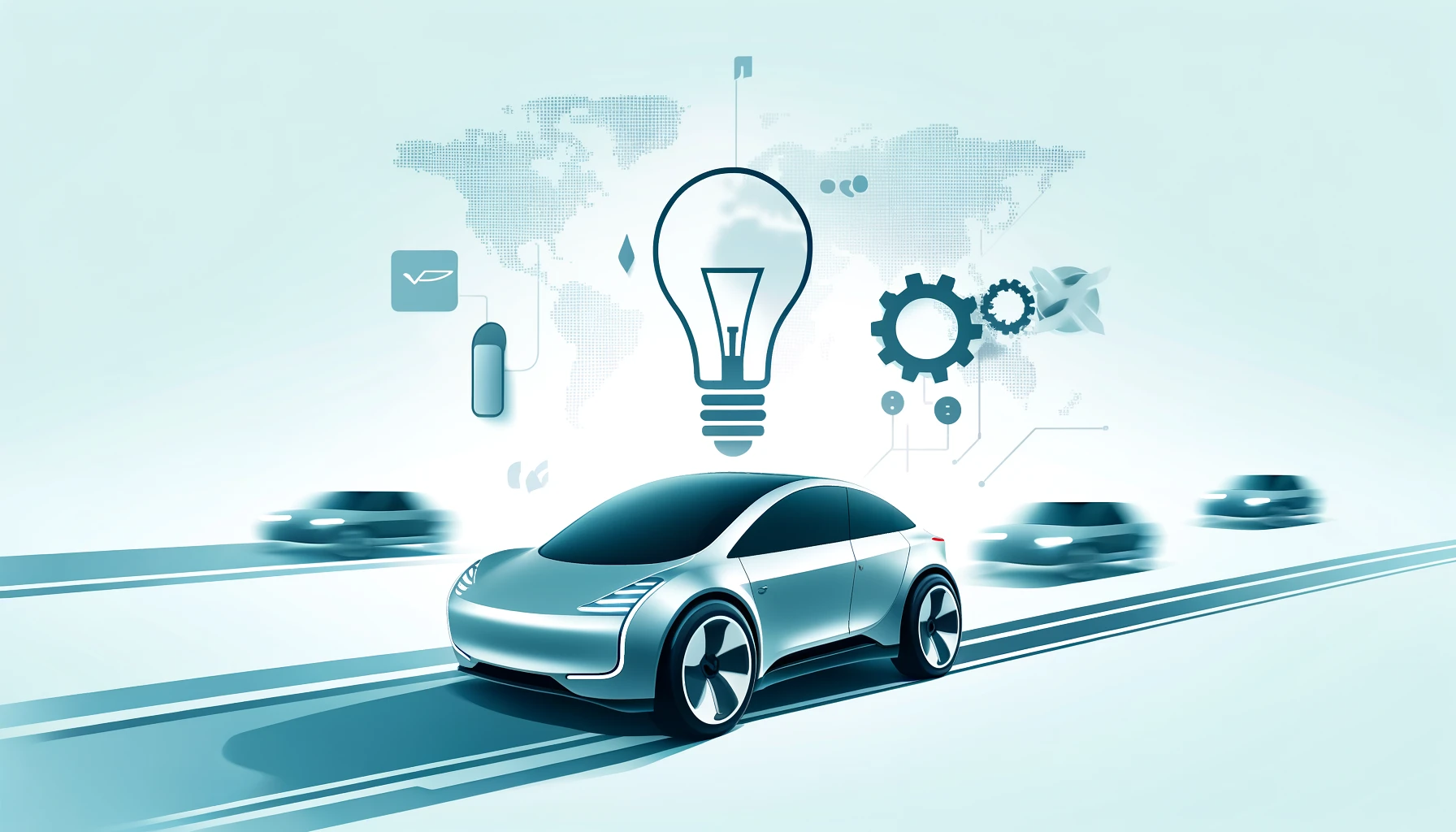
Beijing, China – In a recent statement during a roundtable discussion in Paris, Wang Wentao, China’s Minister of Commerce, addressed the rapid ascent of China’s electric vehicle (EV) industry, attributing its success not to state subsidies but to continuous innovation and a robust supply chain.
Wang’s comments came against the backdrop of increasing scrutiny by Western countries over China’s EV industry’s growth dynamics. Allegations of overcapacity and unfair state subsidies have been prominent topics of discussion in economic circles in the U.S. and Europe. However, Wang Wentao refutes these claims, suggesting that such allegations lack merit
The electric vehicle (EV) market has seen varied growth rates across China, the United States, and Europe, with each region demonstrating unique characteristics in terms of sales, market share, state subsidies, and the diversity of models available. In China, the annual sales of EVs have soared to impressive figures, significantly higher than those in the United States and Europe, illustrating the country’s rapid adoption of electric mobility.
This surge is supported by a considerable market share of EVs in the automotive sector, dwarfing the percentages observed in the U.S. and European markets. Despite allegations of heavy state subsidies fueling this growth, the financial support provided to the EV sector in China is on par with, if not less than, the subsidies granted in the United States and Europe, challenging the narrative of an unfair competitive edge.
Moreover, the variety of EV models available in China far exceeds that in the other two regions, indicating a vibrant and competitive market that fosters innovation and consumer choice. This comparison underscores the complexity of the global EV market, where innovation, policy, and market dynamics intertwine to shape the future of transportation.
Key Takeaways from Wang Wentao’s Statement
- Innovation Drives Growth: China’s EV market dominance is attributed to constant innovations rather than state subsidies.
- Supply Chain and Market Competition: The well-established supply chain system and healthy market competition are central to China’s EV success.
- Rebuttal to Overcapacity Claims: Allegations of overcapacity by the U.S. and Europe are dismissed as baseless.
- Contribution to Global Climate Goals: China’s EV industry is recognized for its significant contribution to the global response to climate change.
- Protection of Chinese Firms: The Chinese government commits to defending the legitimate rights and interests of its EV firms amid EU’s anti-subsidy probe.
During the discussion, which saw participation from leading Chinese firms including Geely, BYD, and battery giant CATL, Wang Wentao emphasized the critical role of China’s EV industry in the global push towards a greener and more sustainable future. He highlighted how Chinese EV manufacturers have been at the forefront of technological innovation, contributing significantly to the global EV market’s expansion.
The roundtable also addressed the European Union’s recent investigation into electric vehicle imports from China. Launched in October, the probe seeks to determine whether tariffs should be imposed on Chinese EV imports to counteract state subsidies and ensure fair competition. This move reflects growing concerns in Europe and the U.S. about the competitive edge Chinese EV manufacturers might have due to governmental support.
European Commission President Ursula von der Leyen and U.S. Treasury Secretary Janet Yellen have both expressed concerns over the pricing and market dynamics of EVs, attributing the competitive pricing of Chinese electric vehicles to substantial state subsidies. These statements underline the tension between major global economies over the future of the automotive industry, which is rapidly transitioning towards electric mobility.
The discourse around overcapacity and state subsidies comes at a time when U.S. Treasury Secretary Janet Yellen is visiting China. Yellen’s visit aims to address bilateral economic relations and advance American economic interests amidst these emerging industry dynamics. Her agenda includes discussions on macroeconomic imbalances and their connection to overcapacity, a concern that she highlighted as particularly troubling for the U.S. economy.
Yellen’s focus on advocating for a level playing field underscores the broader global challenge of ensuring fair competition in rapidly evolving sectors such as the EV market. Her remarks also signal a desire for policy shifts that would mitigate the effects of overcapacity, benefiting economies worldwide.
As the EV sector continues to evolve, the Chinese government’s stance is clear: it will vigorously defend the interests of its domestic industries while promoting sustainable growth and innovation. Wang Wentao’s statements in Paris reflect China’s broader strategy to navigate international scrutiny and maintain its leading position in the global EV market.
In conclusion, the narrative surrounding China’s electric vehicle industry is at a critical juncture. With innovation at its core, China aims to dispel the notion that its success is subsidy-driven, amidst growing international trade tensions and a global push for a greener future. As the world watches, the outcome of the EU’s anti-subsidy probe and ongoing discussions between China and the U.S. will undoubtedly have far-reaching implications for the global automotive industry and beyond.
Related News:
Featured Image courtesy of DALL-E by ChatGPT
